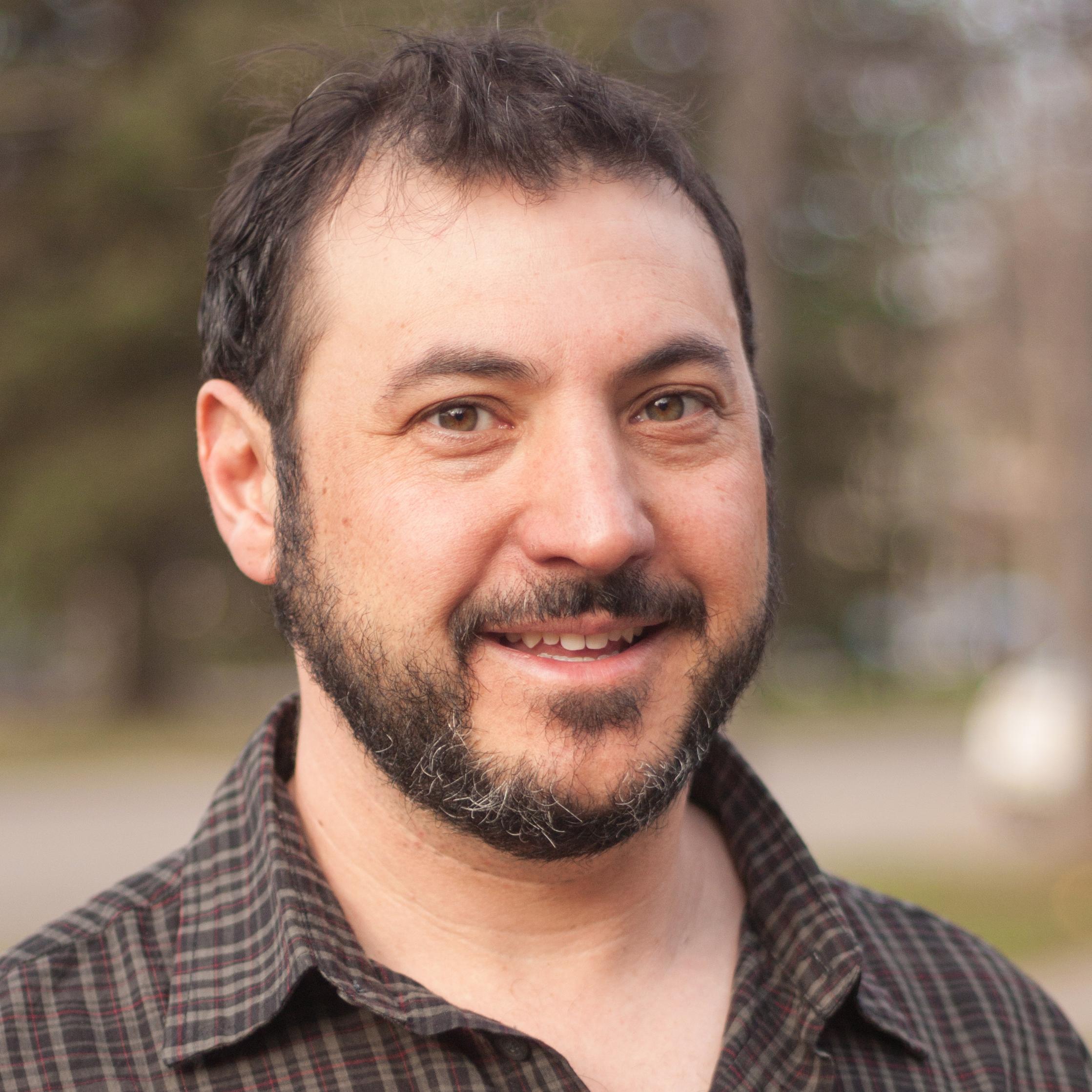
Colorado State University professor and Growcentia co-founder Matt Wallenstein recently wrote in-depth about his experience in the I-Corps™ program for Science Magazine. I-Corps™ was transformative for Matt, taking him from academic researcher to successful entrepreneur (and back again to higher ed) using the I-Corps™ method: a rigorous process of looking for the commercial value in academic research by talking with potential customers. We sat down with Matt to find out more about his perspective on the journey from academic to entrepreneur and how each role can inform the other.
Walk us through your experience in the I-Corps™ program.
The first key experience was the selection panel, before we were admitted to the program. We didn’t really know what to expect, but it was unlike anything I experienced in academia. It was only a fifteen-minute slot, but they pounded us with questions, like on the TV show Shark Tank. I thought they would be interested in our technology, but they were more interested in our team, how we would commercialize our technology and how ambitious we were to do customer discovery and listen to others. Then we went to Michigan, met our cohort group and instructors and learned the process of the Lean Startup. We had a lot of assumptions we hadn’t properly tested. There was an immense power in talking to people and listening to their challenges. In the science world we’re used to talking to people and explaining our work, but we are not trained to listen to people that might benefit from our expertise. That was the key lesson. People love to talk and tell you what they’re doing, and I never had a conversation that didn’t end up being valuable and teaching me something.
In your article, you describe two different mindsets: the academic mindset and the startup mindset. How are they different?
In academia we talk a lot about outreach, but personally, I did not previously have a strong, direct link to stakeholders. Many of us don’t get out of the building very often. But I realize the critical need to do so. We are under pressure to make our research more relevant to peoples’ problems and needs. We are not as removed from real world problems as we think, and a lot of us would be surprised to learn how easy it is to make our work more applied.
The tendency in the scientific community is to identify the challenges we want to tackle by listening to colleagues and building on previous work. It’s an incremental progress. For example, in my field we study how microbes work in soil and are affected by climate change. The tendency is that we’ll conclude that because we’ve shown that a process was important in our particular study, all modelers should incorporate this process. We also tend to say our work is important for policy, but most of us never test or validate those assumptions.
It’s the exact opposite in the startup world: you learn what people want before you do all the work. When you do that, it helps guide our research in ways that make it more effective.
How do you envision bringing the startup world and academic world closer together? Are you planning anything on campus using the I-Corps™ approach?
One of the things we need to do at our university and others is train students in entrepreneurship. That is a key driver of advancement in our society. It has made positive impacts on our society and the health of humans and the environment. I’m going on sabbatical next year, and plan to study how entrepreneurship is taught and further adapt the lean startup approach to academics, and how to make our work more impactful to address society’s problems.
What do you think is the future of entrepreneurship in higher education?
I think a lot of universities recognize that entrepreneurship provides outlets for students to apply what they are learning and make a difference in the world. Even when it doesn’t work out, it can change someone’s life. Universities have a role to train students that have the drive and desire to make something new. Anyone from an art major to an engineer could be an entrepreneur. The key is that once you have an entrepreneurial mindset, you must be on the lookout for problems to be solved, to start seeing potential businesses and things that can be improved upon. The more people with that mindset, the more rapidly that change can occur. Entrepreneurship can increase the sustainability of our planet.